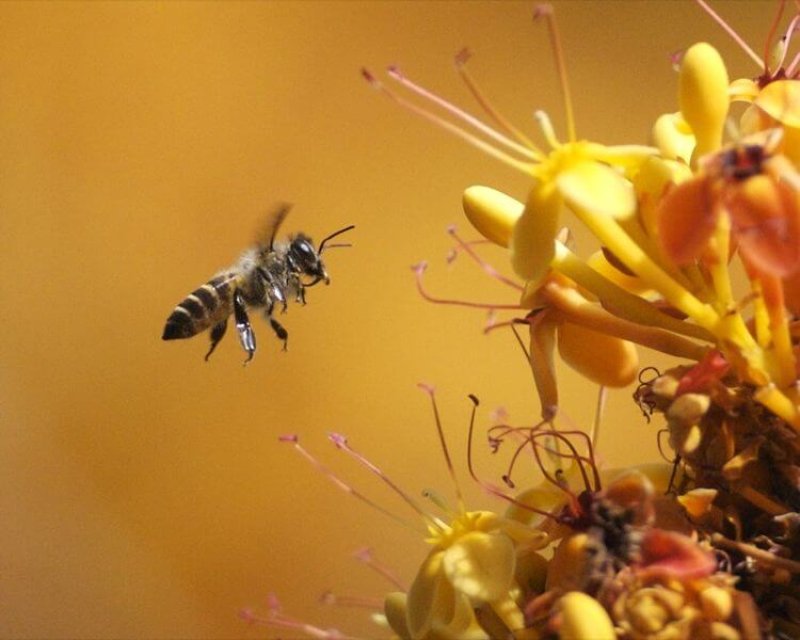The honey bee is one of nature’s most fascinating species. They are responsible for pollinating the majority of flowering crops across the globe and according to the U.S. Department of Agriculture, help drive the $200 billion economic contribution of pollination.
However, more than 2 million Americans, and countless more worldwide, are allergic to bees. For the 1% to 7% of human beings allergic to insect venom, bees and other species represent a potentially deadly threat. But have these allergies evolved as a way of protecting, not threatening, humans?
According to a new article, “allergic symptoms could be construed as helpful in the case of envenomation or poisoning, as allergies cause behaviors like vomiting, sneezing and coughing, which could expel toxins, and drops in blood pressure, which could slow the speed at which a toxin moves through the body.”
Read the full, original story here: Did Allergies Evolve To Save Your Life?
Additional Resources:
- “Single genetic glitch may explain most allergies and asthma,” TIME
- “Honey bee navigation gene identified,” ScienceDaily
- “Monsanto wants to help honeybees fight mites with biotech,” MIT Technology Review































